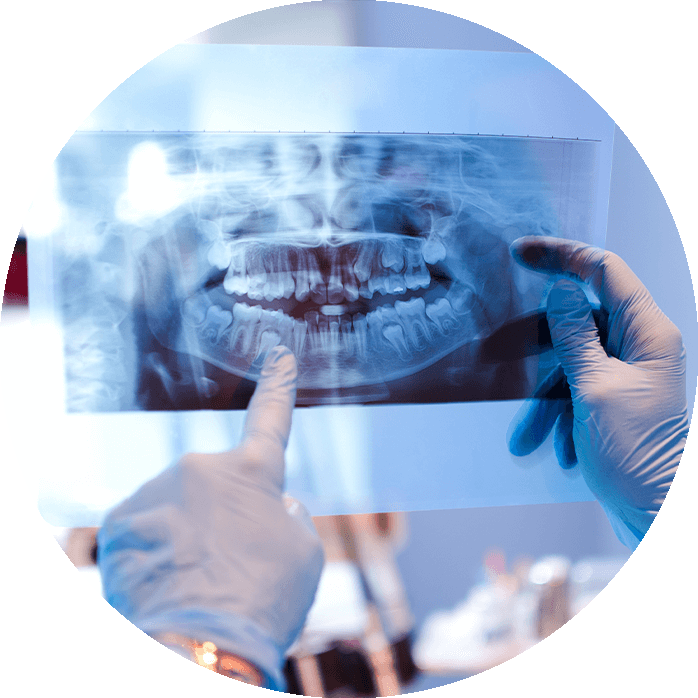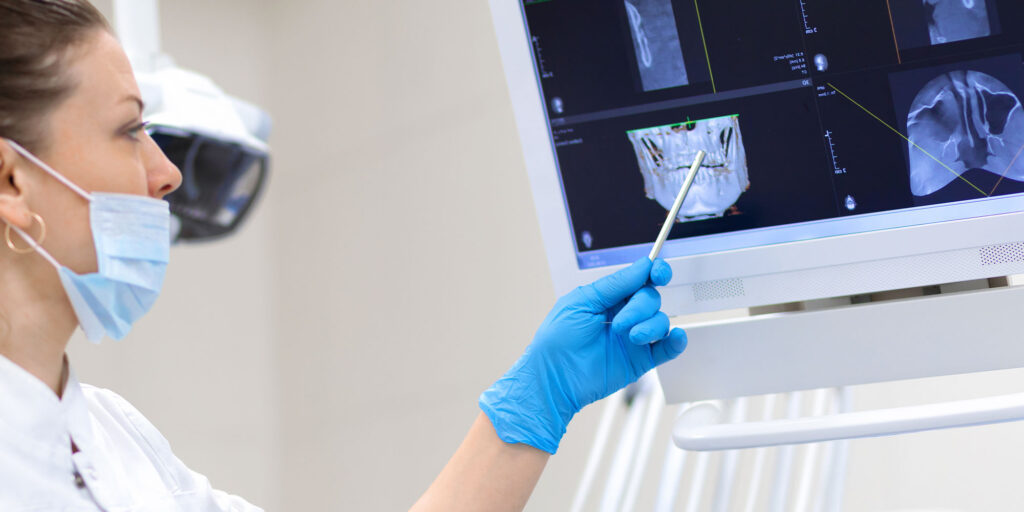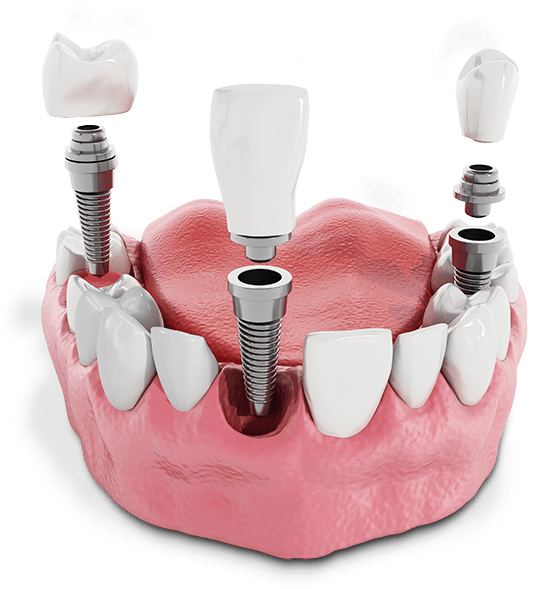


Dental implants are the top choice for tooth replacement. However, those who smoke may be wondering if dental implant treatment is right for them. The short answer is yes, you can get dental implants if you smoke. However, please note that smoking can negatively impact the success of implant treatment. Studies show that smoking can increase the dental implant failure rate.
If you have any questions about dental implants and smoking, contact our Woodland Hills dentist today at 818-491-7294. We’ll help you determine if dental implants are a treatment option for you.
Smoking has a significant impact on oral health. Here are some of the negative effects that smoking can have on the mouth and teeth:

Smoking can restrict blood flow to the gums and jawbone, slowing the recovery period after a dental implant procedure. This can lead to a longer recovery and make it more difficult for the implant to fuse properly with the jawbone. It can also increase the risk of implant failure, infection, and other oral health complications.
Smoking also increases the risk of implant failure. Nicotine and other chemicals found in cigarettes weaken the bone and make it more difficult for the implant to fuse with the bone. Additionally, smoking can increase the risk of developing an infection, leading to implant failure if not treated as soon as possible.
Your risk of infection is higher when you smoke. Chemicals such as nicotine found in cigarettes can weaken the immune system, making it more difficult for the body to fight off infections. This can lead to implant failure or the need for additional invasive surgeries.
Smoking is a major risk factor for bone loss in the jaw. This can create insufficient bone for implant placement and further jeopardize the implant’s stability over time.
Peri-implantitis is a condition that occurs when the tissue around the implant becomes infected and inflamed. Smoking can increase the risk of peri-implantitis, which can lead to implant failure and the need for additional surgeries. Additionally, smokers are more likely to develop periodontal disease, which can further compromise the success of dental implant treatment.

Dental implant failure is rare, but it does occur, especially for those who smoke and don’t follow post-op care guidelines. If you’re experiencing implant failure, you may notice the following symptoms:
When you experience the symptoms mentioned above, call our Woodland Hills dental implant provider immediately. They’ll get you in as soon as possible and go through the correct course of treatment to get your oral health back on track.

Cigarette smoking affects dental implants and is a major risk factor for early implant failure. Quitting smoking is one of the most important steps a patient can take to improve the success of dental implant placement. Here are some tips for quitting smoking that may be helpful for patients:
You should quit cigarette smoking at least two weeks before your dental implant procedure. As far as after, consult with your dentist or oral surgeon for specific recommendations.
It’s highly encouraged to avoid smoking before and after your implant procedure. The healing process can be hindered by smoking, and it can increase your risk of implant infection.
No, it’s not recommended. Nicotine replacement therapy can restrict blood flow to the gums and jawbone, negatively impacting the healing process. Discuss smoking or nicotine replacement therapy with your dentist before proceeding with implant treatment.
Research indicates that individuals who smoke have a higher risk of implant failure, with rates ranging from 6.5% to 20% compared to non-smokers. The reason for this increased risk is that tobacco and nicotine can lead to constriction or narrowing of blood vessels in the gum tissues of the mouth, which can impede the healing process necessary for successful dental implant integration.
Before receiving dental implants, smokers must commit to quitting before their dental implant treatment and throughout the recovery period. If you can’t stop smoking long enough for treatment, you may consider other tooth replacement options.
If you live in Woodland Hills and are considering dental implants, contact our dentist today at 818-491-7294. With years of experience in implant dentistry, we’ll help you determine the best tooth replacement option for you.


I understand the information disclosed in this form may be subject to re-disclosure and may no longer be protected by HIPAA privacy regulations and the HITECH Act.
